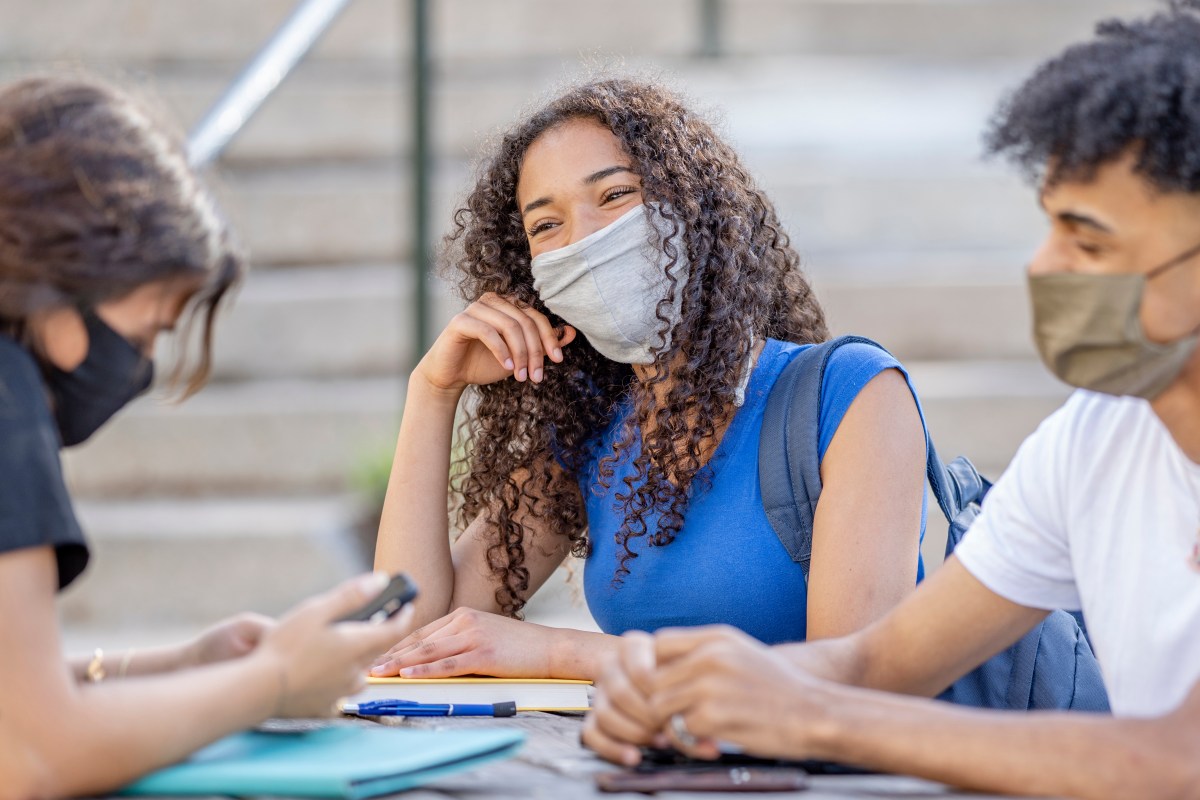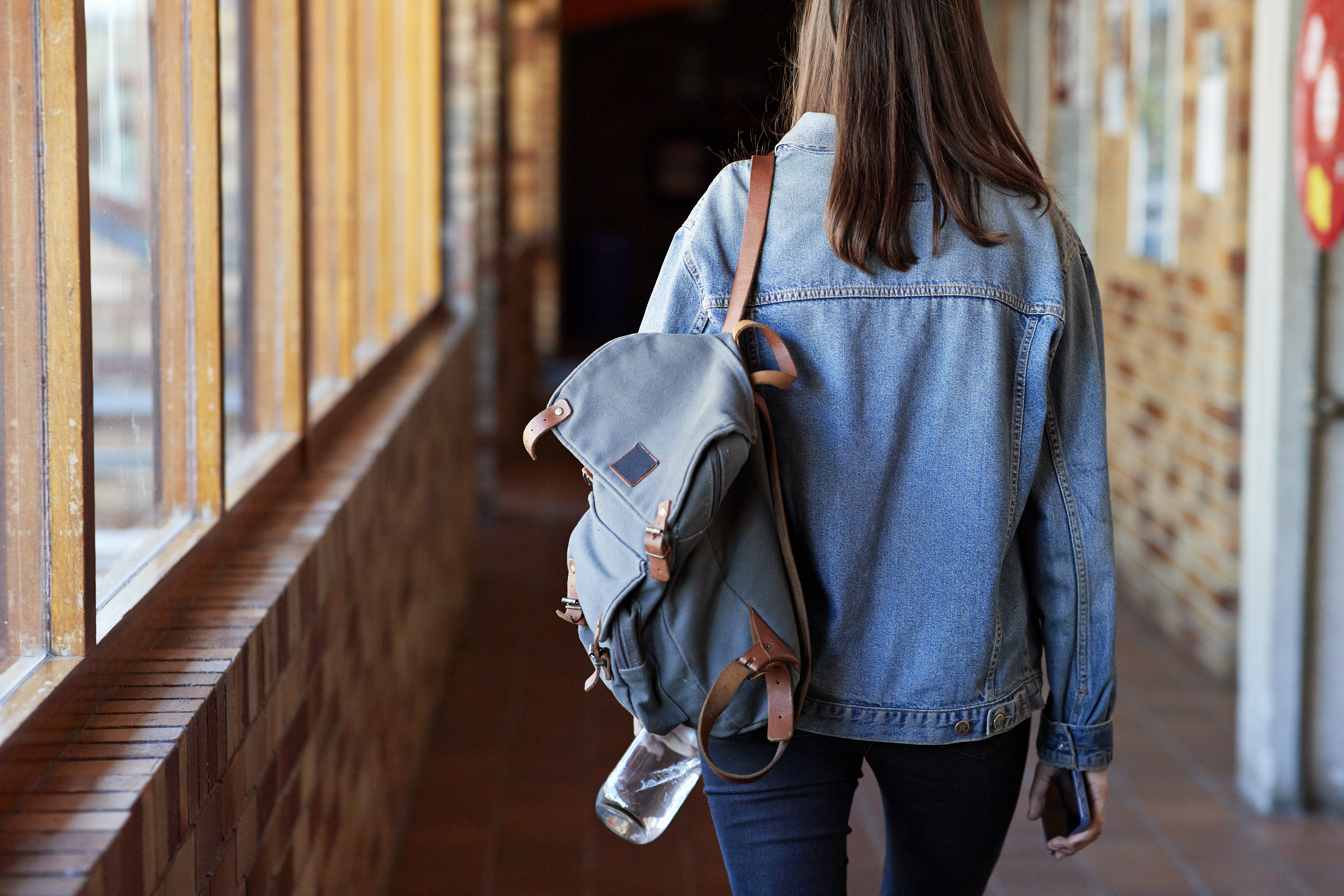Back in the day, social media influencers used to promote cool, fun things, like diet tea and failed music festivals. But these are pandemic times, and in pandemic times, influencers on college campuses are getting paid to promote proper social distancing protocols.
Per the New York Times, schools like Temple University and University of Missouri are paying their own students to become “COVID-19 safety influencers” on campus. Like glorified hall monitors for the Instagram/pandemic age, these COVID influencers get paid to make social distancing look fun by posting about their school’s pandemic safety measures on social media.
“We’ve never tried this before,” Christian Basi, the director of media relations at the University of Missouri, told the Times. “But we felt that this particular situation was so important that we wanted to make sure we were reaching students in a format, on a platform that they would most respond to.”
The idea of colleges paying influencers to promote their schools isn’t new. Campus influencer campaigns enlisting the help of students have typically targeted incoming high schoolers and prospective applicants, but now colleges are hoping to use influencers to reach their own matriculated students.
“Students don’t read email details,” Christian Basi, the director of media relations at the University of Missouri. “They’re not going to necessarily listen to a speech by administrator or watch a video by an administrator, but they will listen to their friends and they will listen to their peers and they will certainly watch them on social media.”
Unfortunately, it seems not all students are convinced by the COVID influencer campaigns taking over their feeds.
“It just felt so incredibly frustrating to see that Mizzou spent all this money on these influencers,” sophomore Caitlin Danborn told the Times. “It just felt so, so shallow and so performative.”
Other students called the campaigns tone-deaf, claiming the fluffy influencer rhetoric failed to accurately represent the fear and anxiety many students have felt about being on campus amid a pandemic.
“When I see a post that has a little witty caption, and then you expand it and it’s a message about Mizzou’s COVID-19 protocols or the counseling center … it just screams, ‘I was paid to do this,’” sophomore Eli Hoff told the Times.
Moreover, some students have also voiced skepticism over the price schools are paying to employ these student influencers.
“It’s another case of people looking at the price tag, and looking at how much they pay for tuition and saying: ‘Is this really the most effective use of our tuition money?’” said Hoff.
Thanks for reading InsideHook. Sign up for our daily newsletter and be in the know.


















